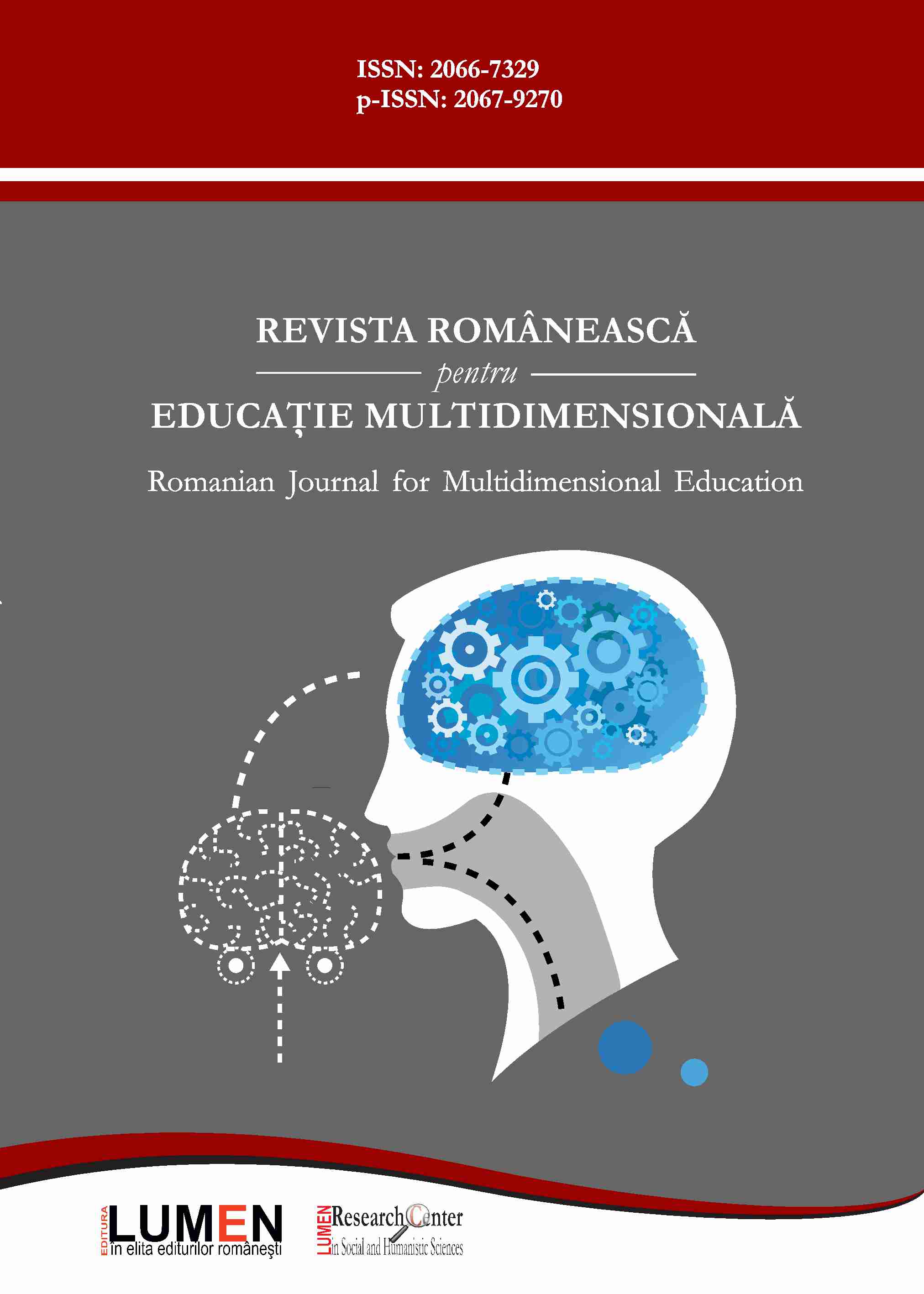A Comparative Analysis of Peculiarities of Vocational Education in Ukraine and Germany
A Comparative Analysis of Peculiarities of Vocational Education in Ukraine and Germany
Author(s): Maryna PYLIAVETS, Oksana Protas, Liliia MARTYNETS, Antonina LYASHKEVICH, Mariana Babyshena, Larisa CHUMAK, Olha LazorkoSubject(s): Social Sciences, Education
Published by: Editura Lumen, Asociatia Lumen
Keywords: vocational education; dual training; social partnership; decentralization;
Summary/Abstract: The labour market of Ukraine and CIS states requires highly skilled construction workers. However, the prestige of these professions has now declined significantly. The modernization of vocational education and training (VET) creates certain problems in European integration of Ukrainian education. Besides, the study of vocational education in highly developed European countries is strategically important to Ukraine. In these countries, vocational education is more advanced, flexible, accessible, open, inclusive and prestigious. Therefore, this paper deals with the main aspects of the functioning of vocational education. Its development is based on taking into account the needs of production and business for skilled workers, as well as adequate financial support from government and employers, who understand it as an investment in future economic growth and productivity, thus creating employment opportunities for graduates from vocational education institutions and adults. Those who pursue vocational training in Germany are, first of all, graduates from high schools (Gymnasium), basic secondary schools (Hauptschule), junior high schools (Realschule), comprehensive schools (Gesamtschule) and secondary schools (Sekundarschule). The main components ensuring efficiency and high quality of professional training of highly skilled construction workers in Germany include an effective legal framework for educational activity in Germany, use of dual training in the system of training highly skilled workers and constructive development of the social partnership. Thus, an analysis of professional training of highly skilled workers in relevant centres in Germany and interconnections between vocational education, economic integration and social development of Germany makes it possible to outline certain strategic steps regarding the functioning and improvement of professional (vocational) education in Ukraine. The paper reveals certain prospects for developing international cooperation and outlines the possibility of involving Ukrainian professional (vocational) education institutions in the global educational process. The paper also emphasizes the importance of updating forms and methods of vocational education of skilled workers in vocational training centres in German and partly reveals the characteristics of introducing and developing social partnership.
Journal: Revista Românească pentru Educaţie Multidimensională
- Issue Year: 12/2020
- Issue No: 3
- Page Range: 200-212
- Page Count: 13
- Language: English

